Leveraging Past Contributions
I just finished reading The Gifts of the Jews: … by Thomas Cahill, the second in the Hinges of History series. I started reading the series with How the Irish Saved Civilization some months ago. This book read really fast, so I probably won’t ramble on about it for too long.
I have to say that I really like the first book, HtISC, and this one had a lot to live up to. Now I’m going to say that it didn’t quite live up to those expectations. I’m not exactly sure why that is. Cahill speaks wonderfully in both books. In HtISC Cahill talks of the Irish and their past as one in love with the people, but also he communicates with an obvious confidence supported by facts. It makes one feel that you have to agree with him, but he presented the information so well that you felt he was justified.
In TGotJ, Cahill’s writing is a little more strained trying to invoke that same feeling, and he seems desperate to make the strength if his point sometimes. He seems to take something that I agree is very important and tries to make it most important. The love he showed in HtISC has gotten a little more towards the fanaticism side in this one. I think one of the reasons if the age and limited original material for what he is dealing with in this book. I think another part may be that I am more familiar with some of the concepts he covers in this book.
Basically he covers the transition from a polytheistic, urban people from
One of the biggest changes was from the cyclical idea of time to a linear frame of mind. This is the most difficult concept for most modern people to get due to its current ubiquitous nature. Many early civilizations seem to have viewed “time” as a series of cycles. The saw the cycle of the sun, moon, and stars through the sky, the waxing and waning of the moon, fertility cycles, the seasons, the year, birth and death. It was all cycles on cycles. Everything had an eternally repeating feel to it. Little seemed to change and progress was almost an unknown concept. What progress had been made was often forgotten as progress in a few generations and was relegated to something that had always been. Some of these were attributed to gods in new mythological stories such as Prometheus and fire and Poseidon and horses.
Anyway this is a very interesting book. It is short and a fast read. While not as good as HtISC it is definitely worth a read to those interested in this subject. However, do not read it as a sole authority. I suggest reading several other books of similar material as well. Just off the list of books below are A History of Knowledge, Lies My Teacher Told Me, and Guns, Germs, and Steel: The Fates of Human Societies. So if you like this stuff give it a knock and see what you think.


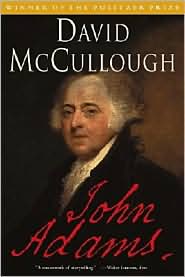
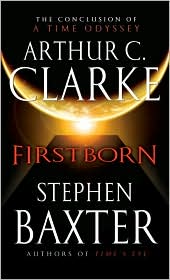
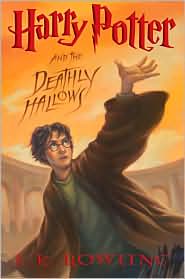
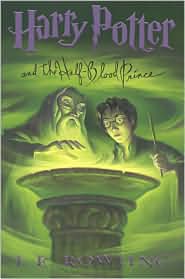
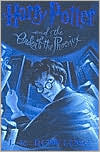

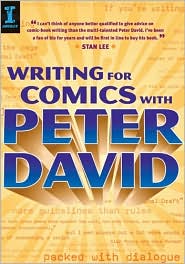
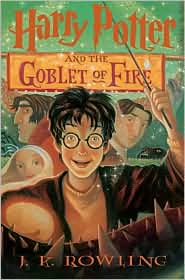
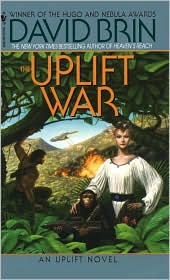
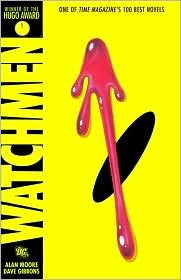

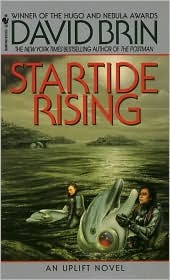



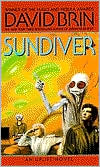



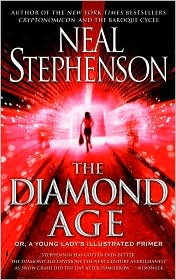








0 Comments:
Post a Comment
<< Home